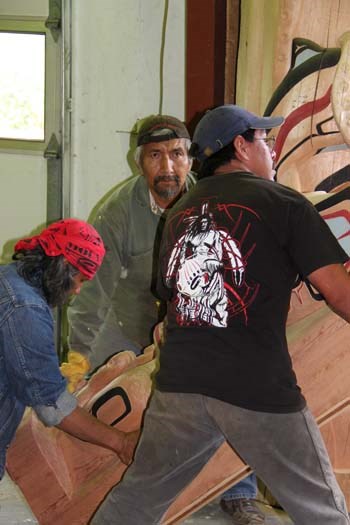
NPS
We are now in very precarious times. Global warming. The rivers the lakes are now sick . . . How to take care of mother earth. What are the secrets of life that we should always have in our hearts and minds to acknowledge the life cycle. All our traditional teachings of the Native American /people/ are now greatly needed. How to be in balance in the world, with life and creation, and what we can give to the world society of our teachings . . . We don't have much time to smarten up.
Mike Mitchell
Use of TEK enhances the knowledge used for decision-making about species and habitats, provides longitudinal knowledge for climate change and planning projects, and builds relationships with Indigenous peoples around environmental topics of common interest.
Considering TEK allows a mutually beneficial relationship to be created between federal employees and indigenous scholars. Both can benefit by mutual exchange of information and interpreting the information collaboratively.
A critical aspect of conservation biology and associated caring for the environment is acquiring information that is not only accurate, but trusted by those who make and abide by the decisions based on that information. The use of TEK offers one way of bridging gaps in perspective and understanding.
Last updated: June 29, 2023
